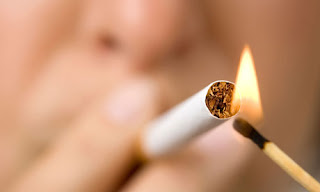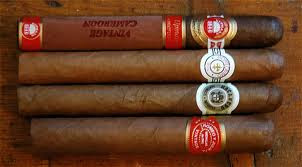
A ban on smoking in outdoor dining areas in Australia has been seen as a landmark step across the Tasman, and the concept of a similar ban in Tauranga has some support.
New South Wales state government last week announced a ban on smoking in playgrounds, public sports grounds, swimming pools, bus stops, taxi ranks and entrances to public buildings. The legislature also dictates that smoking in outdoor eating areas will be banned by 2015.
The idea of smoke-free public areas in Tauranga has support from local health authorities, but some dining establishments fear a move to restrict smoking could potentially drive their customers away.
In two weeks' time, the Tauranga City Council is meeting to discuss whether or not to introduce new smoking rules for the city.
Melanie Desmarais, health promotion manager of Waikato/Bay of Plenty for the Cancer Society, said the idea of introducing rules to restrict smoking in Tauranga had substance.
"There are over 30 councils throughout New Zealand that have already adopted similar policies. The evidence seems to suggest it does work," she said.
"Quite often, too, even smokers will welcome further restrictions - it's basically another reason to quit."
But unlike NSW, any rule changes to smoking in Tauranga would likely only be educational. The council is unable to introduce bylaws to enforce smoking laws, but can initiate a courtesy drive for residents to follow.
Mrs Desmarais pointed to a number of cases in nearby towns that have proven successful for various reasons. A similar drive against smoking in playgrounds and parks in Rotorua had public backing of 85 per cent. A policy introduced in Opotiki last year has led to a 60 per cent drop in cigarette litter. In Hamilton, a recent survey showed 94 per cent of people were in favour of outside smoking restrictions, including 89 per cent of smokers.
Even though the restrictions were merely a courtesy, with correct city-wide education, Mrs Desmarais said they could be successful.
Cheryl Steiner, strategic planner at Tauranga City Council, said the council would decide on March 13 whether to adopt a smoke-free policy for the city.
"First they need to determine what they want to do. Councils around New Zealand have developed policies, but what it applies to can vary. In terms of the scope [of any smoke-free policy for Tauranga City Council] ... that's yet to be determined," she said.
But some eateries and smokers questioned whether restrictions mirroring those in NSW would be beneficial, if they did get passed.
Smoker Cameron Keogh was dining at a Strand restaurant yesterday lunchtime. Mr Keogh, owner of World's End pub in Fraser Cove, said smokers needed to be accommodated at diners too.
"I agree with no smoking inside but there needs to be a zone for the smokers. I think [introducing a ban outside restaurants] would be an unfair change.
"[But] I agree with sports fields. I've played sports and you can smell it on the field," he said.
Fellow smoker Scott Hampton said banning smokers from outside dining areas would be a breach of their rights.
"We do have rights too. Designated zones for smokers outside - you can't get any more fresh air than outside. You're [talking about] taking someone's freedom of choice away," he said.
Shona Seth, manager of the Crown & Badger, said further smoking restrictions on pubs could drive customers away. "I think it definitely could, [with us] being a pub. Even non-smokers smoke when they drink," she said.
Toi Te Ora Public Health medical officer of health Jim Millar said the public health service's current stance did not extend explicitly to restaurants and cafes - they simply wanted to halt tobacco use for the next generation.
"We are looking to encourage non-smoking as being the normal thing to do."












